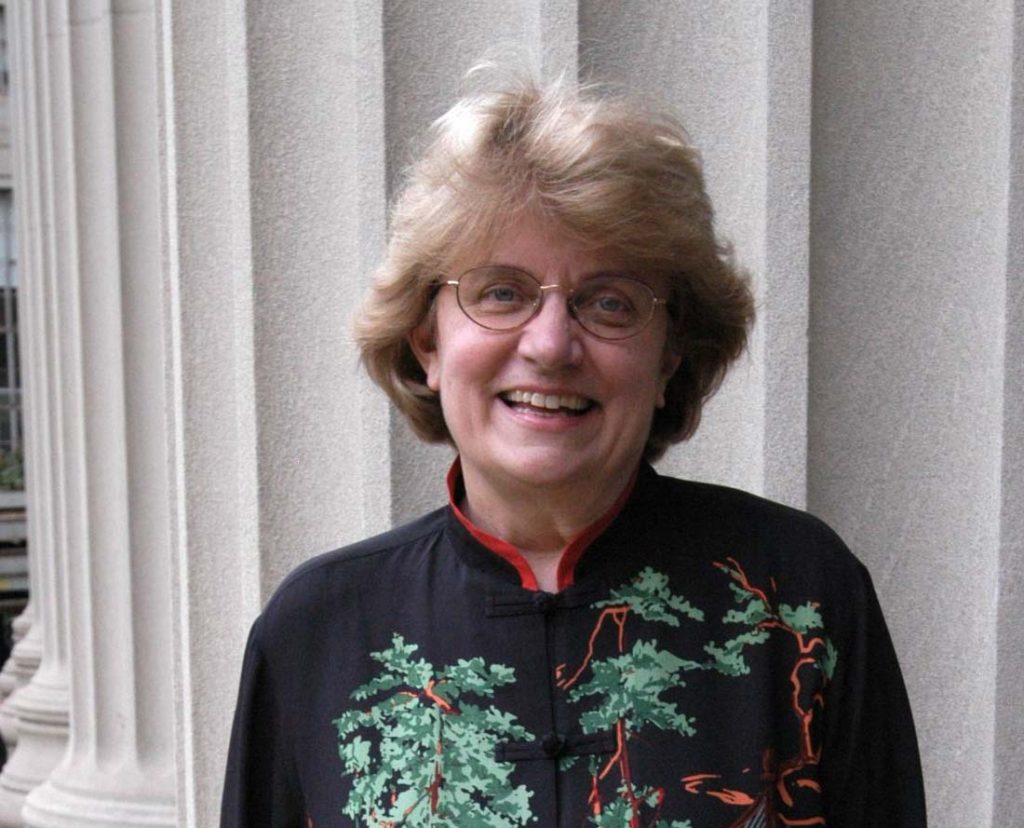
Today, MIT professor emeritus Dr. Nancy Hopkins is giving a special seminar at Cold Spring Harbor Laboratory (CSHL), “Reflecting on Progress for Women in STEM.” Hopkins isn’t new to CSHL, nor to advocating for gender equality – she’s literally stood up (and walked out) for female scientists.
Hopkins was born in New York in 1943 and received an undergraduate degree from Harvard’s Radcliffe College. She then worked as a laboratory technician for Harvard biologist Mark Ptashne, studying the bacteriophage lambda and successfully isolating a “repressor” protein, a breakthrough in molecular biology (though as “only” a technician, she didn’t receive due credit).
She received a PhD from Harvard in 1971, then came to CSHL as a postdoctoral fellow, where she studied DNA tumor viruses. She became an assistant professor at MIT in 1973, continuing to work along a similar theme, but now looking at RNA tumor viruses. She later switched to studying genes involved in zebrafish development, creating new tools and techniques to mutate genes in order to figure out what they do.
Hopkins is credited with helping start and catalyze a movement to confront gender inequality in science. When she was denied a request for additional lab space at MIT, she literally took a tape measure to her lab and her male colleagues’ labs, finding that the male professors, even those more junior than her had bigger labs (up to four times bigger!)
She and other faculty members kept documenting the inequalities female scientists experienced and released reports of their findings in 1999 and 2002. This led to MIT’s adoption of some of their recommendations including hiring more tenure-track female faculty, improving family leave policies and starting a childcare center.
Other institutions followed suit and, while there is still a long way to go to reach full gender equality, especially for minorities, significant changes have been made. But Hopkins warns that we cannot let our guard down and must continue collecting evidence, drawing attention to inequality, and working to correct it. In 2005, when then-president of Harvard Larry Summers suggested that female scientists were held back not by systematic discrimination but by differences in “intrinsic aptitude,” Hopkins stood up and walked out of the room.
She officially retired from MIT in 2014, but in addition to continuing to advocate for gender equality, she also works to promote cancer prevention and early detection research.
Hopkins has received many honors and awards and is a member of the National Academy of Sciences, the National Academy of Medicine, and the American Academy of Arts and Sciences. Thank you Dr. Hopkins for taking time to come talk to us, and thank you Dr. Jason Sheltzer for organizing it!
[sharethis-inline-buttons]
